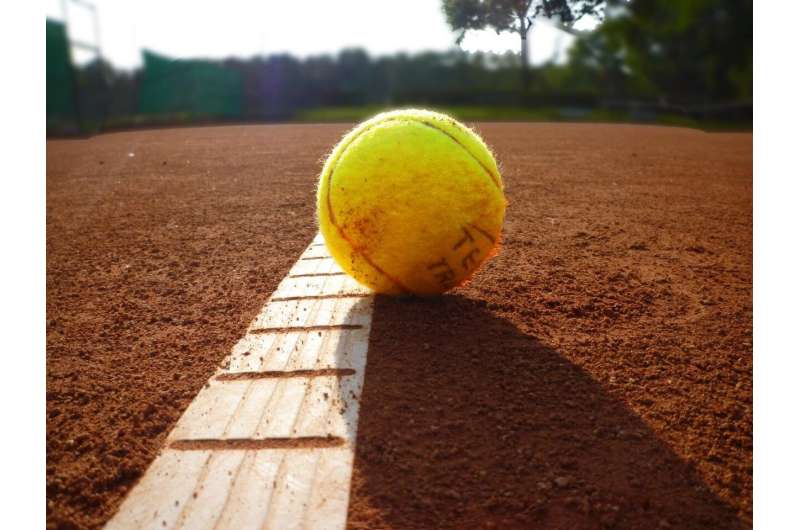Tennis: Losers move their heads more often than winners

Those sudden tantrums displayed on court by former US tennis player John McEnroe are legendary—but so too are those of Nick Kyrgios, Alexander Zverev, Serena Williams and Co. And their tennis rackets certainly bear witness to that! Emotions and nonverbal movement behavior are closely linked processes. Up till now however, there has been insufficient knowledge about the spontaneous nonverbal expressions in response to the experience of positive and negative emotions, i.e. when winning or losing a sports competition.
A new study by the Section Neurology, Psychosomatic Medicine and Psychiatry of the Institute of Movement Therapy and Movement-oriented Prevention and Rehabilitation at the German Sport University Cologne, has now found that, contrary to previous assumptions, losers express themselves nonverbally more strongly than winners. "Losers make more spontaneous nonverbal head movements after losing points in tennis than after winning points. They carry out nonverbal head-shaking movements upwards as well as side-to-side," explains scientist Dr. Ingo Helmich.
Seventeen professional male tennis players (average age: 28.1 years) were analyzed on five official match days of the first 2018 season of the German Tennis Bundesliga. The players' entire spontaneous nonverbal head movement behavior between point- scoring was video-taped during the competition and analyzed by two trained and certified evaluators using the NEUROpsychological GESture(NEUROGES) Systems, a standardized analysis system for nonverbal behavior, in relation to gained or lost points.
"For the first time, these results present a clear picture of nonverbal head movements of winners and losers in sport," says Dr. Helmich. The analysis of nonverbal movement behavior relating to emotions is relevant to better understand and possibly improve an athlete's performance during a competition.
More information: V Drewes et al, Spontaneous head movements characterize losing athletes during competition, International Journal of Sports Science & Coaching (2020). DOI: 10.1177/1747954120934598




















